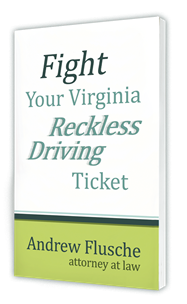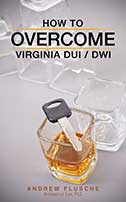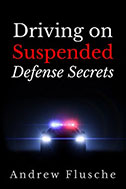The Officer's Word May Be Enough
If you’re charged with a traffic or criminal offense, listen up:
The officer’s WORD may be enough to convict you.
Yes, you read that right. The officer’s sworn testimony alone may be the only evidence against you. And it may lead to a conviction.
Clients seem surprised to learn this. I suppose TV has convinced Americans that criminal prosecutions require hard evidence, such as video, DNA, fingerprints, photographs, etc. But that’s plain wrong.
In just about every traffic infraction case, the Commonwealth’s only evidence will be the officer’s sworn testimony. He’ll testify about what he observed, that he identified you as the driver, he issued a summons for the offense, etc.
In speed-related cases, the officer has to have calibrated his radar or speedometer, but he won’t even introduce those into evidence in most cases.
You are definitely allowed to ask the officer questions and testify about what happened. Those are your Constitutional rights. But your testimony that “I wasn’t going 88” won’t normally be enough to win the case.
If you can prove that you weren’t going the alleged speed (perhaps with GPS data) or that you didn’t know you were going that speed due to a faulty speedometer, those issues definitely help the case. But you need some type of supporting evidence other than your word alone.
Let’s face it: if the judge has sworn testimony from the officer that says the radar read X speed and your sworn testimony that you weren’t going that fast, he’s going to believe the officer.
I’m not saying your case is hopeless. Far from it. My point is about realistic expectations regarding the Commonwealth’s evidence and what the judge will do with it.
Photo by Multiple fragments of tissue




